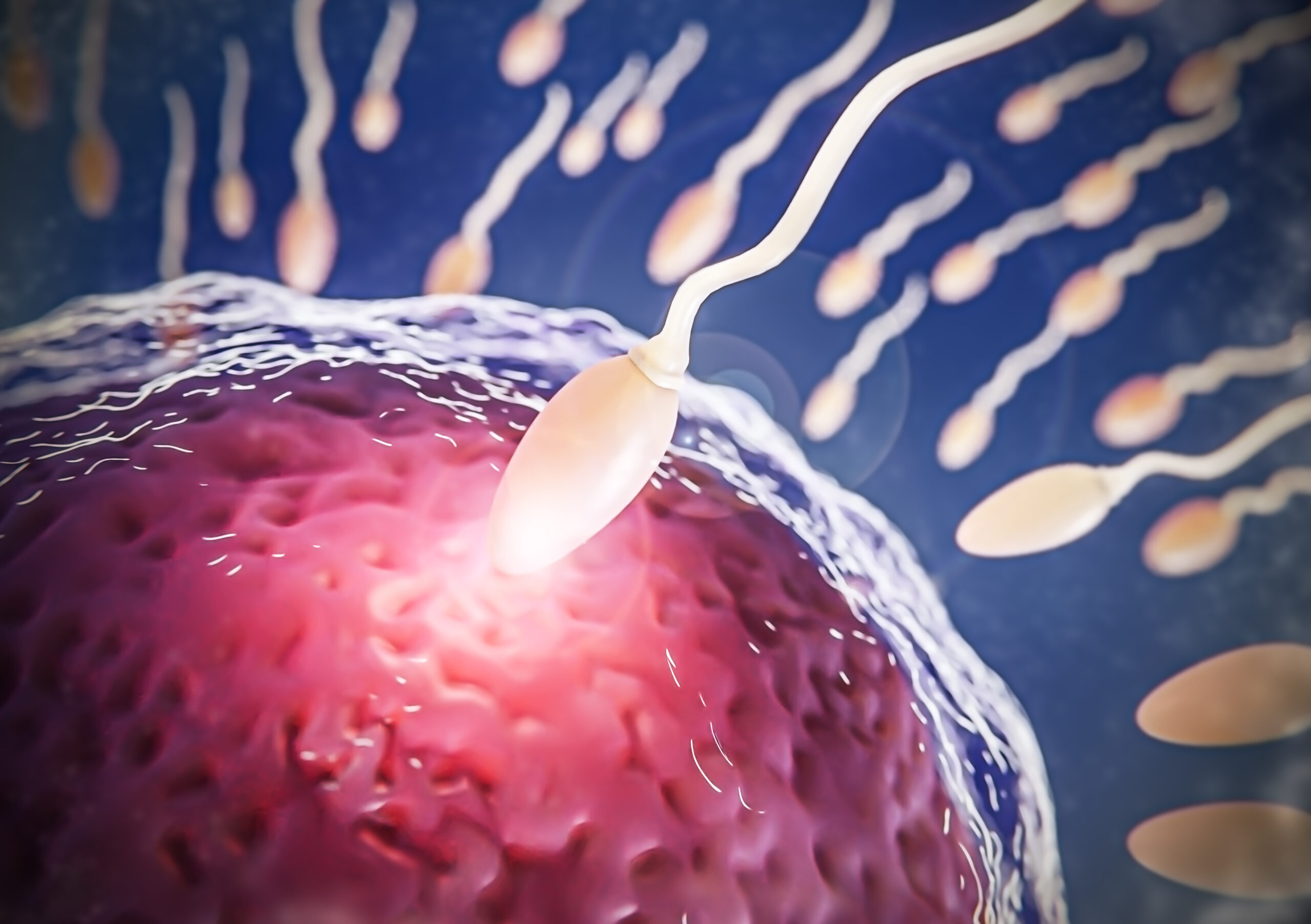Here we are going to share information on the topic “what are the signs of hyperspermia?” Hyperspermia, the condition marked by an excessive volume of semen during ejaculation, presents distinct signs that warrant attention. Recognizing these signs is crucial for understanding the manifestations of hyperspermia and seeking appropriate medical guidance. In this discussion, we delve into the signs of hyperspermia, highlighting its key indicators and implications for individuals’ reproductive health. Let’s explore the prominent signs that characterize this condition and their significance in diagnosis and treatment.

what are the signs of hyperspermia?
What is hyperspermia?
A condition known as hyperspermia occurs when a man produces more semen than usual. A male ejaculates semen when he is having an orgasm. Along with prostate gland fluid, it contains sperm.
The opposite of hypospermia, which occurs when a man produces less semen than normal, is this disorder.
Hyperspermia is not very common. It occurs far less frequently than hypospermia. Less than 4% of men in an Indian study had a high sperm volume.
A man’s health is not adversely affected by having hyperspermia. But it might make him less fertile.
What signs and symptoms are present?
Creating more fluid during ejaculation than usual is the primary sign of hyperspermia.
According to one study, this disease is characterised by a semen volume greater than 6.3 millilitres (.21 ounces). It is estimated by other researchers to be between 6.0 and 6.5 millilitres (.2 and.22 ounces) or more.
Males who have hyperspermia may find it more difficult to conceive a partner. Also, there is a tiny chance that their partner will miscarry if she does become pregnant.
Compared to males without the disorder, some men with hyperspermia exhibit higher levels of sex drive.
Among the typical signs of hyperspermia are the following:
- Ejaculation that hurts
- Postponed erection
- Feeling weak or dizzy after having sex? Your penis will feel stretched out.
- The release of sperm will have a yellow hue.
- There will be more sexual drive than usual.
Males with hyperspermia will have trouble getting their significant other pregnant. Furthermore, there is a chance that they won’t miscarry even if they become pregnant. Men who have hyperspermia, in contrast, will have stronger sex drives than average.
What causes hyperspermia?
Physicians are unsure of the precise cause of hyperspermia. According to certain research, it may be connected to an inflammation-causing prostate infection.
The following are some typical reasons for hyperspermia:
- use of steroids.
- Increasing libido with the use of tablets.
- Usage of medication
- External void for engaging in sexual activity
- infection of the prostate
- Eating foods high in protein
Does infertility result from hyperspermia?
A man’s fertility may be impacted by hyperspermia, but not always. In their ejaculate fluid, some men with extremely high semen volumes have less sperm than usual. The fluid gets more diluted as a result. Abnormal sperm counts are the result of hyperspermia. The precise reason of the same, meanwhile, is still unknown.
Hyperspermia should not impact your fertility if your semen volume is high but your sperm count is normal.
The likelihood that you will be able to fertilize one of your partner’s eggs is reduced if your sperm count is low. Your spouse can still become pregnant, although it can take longer than usual.
Exist any more complexities?
There is additional evidence connecting hyperspermia to a higher risk of miscarriages.
Is it possible to conceive when you are hypospermic?
Male infertility is largely caused by hypospermia, or decreased semen volume.
This is due to the fact that proper semen volume is necessary to aid in fertilization by facilitating the movement of male sperm into the female reproductive system.
2 For clarification, you should speak with a doctor and have a semen analysis performed if you think you may have a low volume of semen.
Male infertility is frequently caused by low sperm counts, yet hypospermia does not always indicate infertility. A good number and appropriate shape of sperm cells increase the likelihood of conception.
When ought one to visit a physician?
Consult a physician if you suspect that you overproduce semen or if you and your spouse have been trying unsuccessfully to conceive for a minimum of a year.
The first thing your doctor will do is examine you physically. Following that, tests to determine your sperm count and other fertility indicators will be performed. These examinations could consist of the following:
Analysis of semen.
For testing, a sample of semen will be obtained. You can either pull out and ejaculate into a cup during intercourse, or you can masturbate into one. The sample will be sent to a lab, where a technician will count, move, and examine your sperm quality.
Hormone assessments.
To find out if you’re producing enough testosterone and other male hormones, a blood test can be performed. An infertile woman may experience low testosterone.
Imaging.
An ultrasound of your testicles or other reproductive organs may be necessary to check for issues that may be causing infertility.
Is there a treatment for it?
Hyperspermia does not require treatment. Treatments, however, can increase your chances of getting pregnant if they interfere with your partner’s ability to conceive.
You can get medication to increase your sperm count from a fertility doctor. Alternatively, your doctor may extract sperm from your reproductive system via a procedure known as sperm retrieval.
Following its extraction, the sperm can be intracytoplasmically or directly injected into your partner’s egg during in vitro fertilizations (IVF) (ICSI). The fertilised embryo is then inserted into the uterus of your spouse to grow.
What Are the Hyperspermia Treatment Options?
Many times, men with hyperspermia won’t require medical intervention. Low sperm counts will have a detrimental effect on fertility. Individuals who are attempting to conceive may encounter difficulties during this process. The physicians might suggest various approaches to treating infertility.
The following are some typical methods that the doctor will use to increase fertility:
1. Drugs
Estrogen receptor blockers may be suggested by your doctor if hyperspermia is the cause of your low sperm count.
Clomiphene citrate is another medication that stimulates the brain to produce more sperm. This is an off-label use of the medication, however. To ascertain the impact of the same, it is advisable to choose trustworthy studies.
2. The Use of Assisted Reproductive Technology
Assisted Reproductive Therapy, or ART, is a medical intervention wherein a physician helps a patient become more fertile. It could involve several procedures like in vitro fertilisation and intracytoplasmic sperm injection.
It involves the mixing of sperm and eggs, which often happens externally to the body. The fertilised egg will be placed inside the uterus to monitor its growth after fertilisation.
This will contribute to a higher likelihood of getting pregnant or conceiving. ART can make a major contribution to raising the chances of conception and hence the delivery of children worldwide.
What to anticipate
Rarely, hyperspermia has no bearing on a man’s health or ability to conceive. Sperm retrieval with IVF or ICSI can improve the chances of a successful pregnancy in men who struggle to conceive their spouse.
Frequently asked questions
what are the signs of hyperspermia?
Can hypospermia affect fertility?
One of the main causes of male infertility is hypospermia, which affects the sperm release process. Aside from this, hypospermia can be detrimental to a person’s mental health since less sexual gratification can result in confidence issues.
How do you get rid of hypospermia?
Is hypospermia treatable in any way? There are no therapy options available to increase ejaculated semen production. Nonetheless, in cases where a malformation—whether hereditary or not—is the reason, some procedures may be helpful.
How do I know if I have hypospermia?
A limited volume of semen produced during ejaculation is the most typical indication of hypospermia. When a person’s semen volume is less than 2.0 mL on at least two separate spermograms, the diagnosis is verified. A indication of retrograde ejaculation-induced hypospermia is murky urine following an orgasm.
Can you get pregnant with hyperspermia?
Your spouse can still become pregnant, although it can take longer than usual. Hyperspermia should not impact your fertility if your semen volume is high but your sperm count is normal.
Can thick sperm cause infertility?
Additionally, it might be easier for thicker semen to remain in the reproductive system long enough to fertilise an egg (Gurung, 2021). However, excessively thick semen, or hyperviscous semen, might impede sperm motility and nutrition, leading to lower-quality semen (Beigi Harchegani,
Is hypospermia common?
One of the main causes of male infertility is hypospermia, or low sperm count. Male factors are a major contributing factor in at least 50% of cases of infertility, and the main cause of this is low sperm count and quality.
How can I reduce my thick sperm?
One could attempt taking antioxidants, for instance. A few small studies have found that taking over-the-counter antioxidant supplements, such as vitamin C, vitamin E, or coenzyme Q, improved sperm count or semen quality. Oxidative damage may be a factor in thick sperm or infections.

Conclusion
what are the signs of hyperspermia?
In conclusion, symptoms including increased ejaculate volume, frequent ejaculation, and possible reproductive difficulties are indicative of hyperspermia, which is defined by an abnormally high volume of semen during ejaculation. When people are aware of these symptoms, they may decide to consult a doctor for an accurate diagnosis and treatment.
So, this is how the topic “what are the signs of hyperspermia? ” has been addressed.
For more information related to these topics,
You may also visit our Instagram page by
Thank you!

